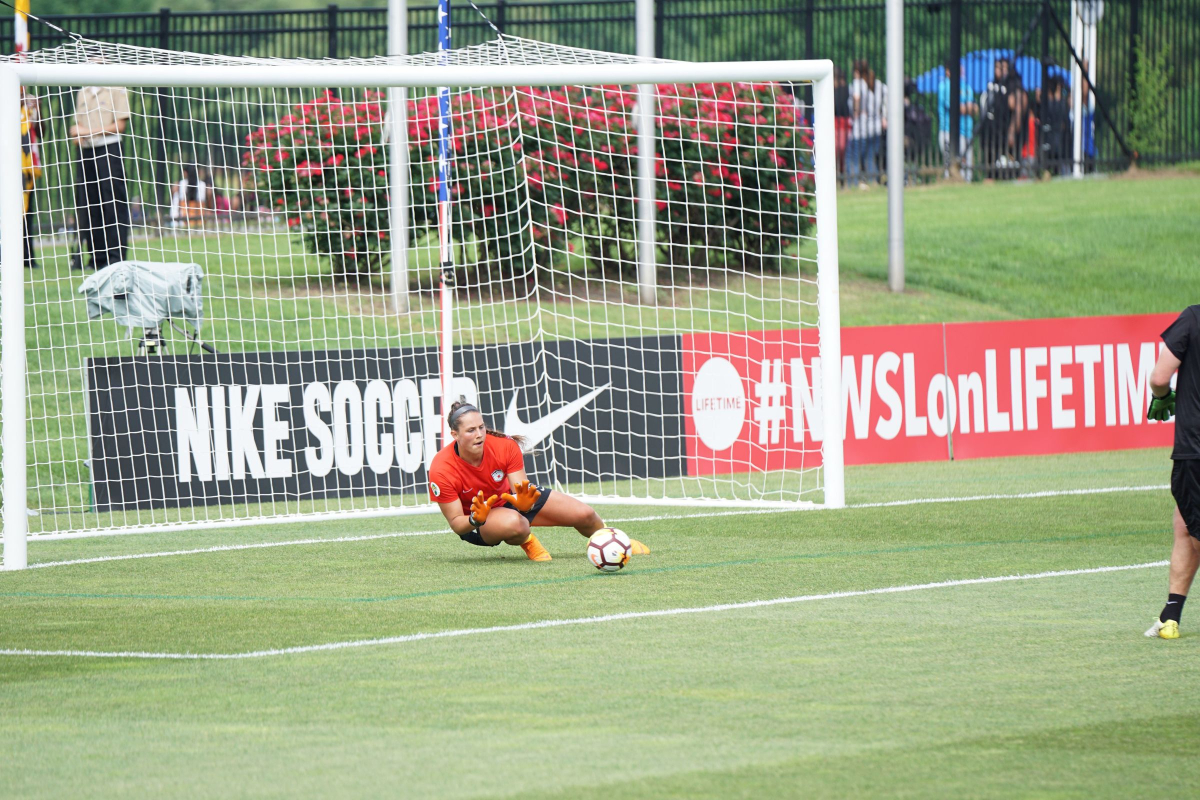In 2016, five U.S. women’s national soccer team (USWNT) members began a series of legal actions requesting equal treatment and compensation from the United States Soccer Federation (USSF). The women’s soccer player’s lawsuit claimed that the USSF’s actions violated Title VII and the Equal Pay Act – by systematically underpaying professional women soccer players (compared to male soccer players).
The above-noted legal maneuvers began with a complaint to the Equal Employment Opportunity Commission. Soon after, Carli Lloyd published a New York Times essay emphasizing and demonstrating how the women’s team in the country, despite its consistently lower salaries, actually generated more revenue for the USSF than the men’s team.
The lawsuit, which, unfortunately, is not the first of its kind, reignited the conversation about gender pay disparities across workplace sectors. The fight for equal pay by the five women soccer players garnered tremendous support across the board. Senator Manchin introduced a bill in 2019 in support, while soccer fans showed their encouragement by chanting Equal Pay – Equal Pay during the FIFA 2019 Women’s World Cup.
Other legal actions included an attempt to void the players association’s required collective bargaining agreement. In 2019, the national team’s roster of players filed a lawsuit asserting gender discrimination by the USSF. The suit detailed the claims of wage discrimination in a variety of ways. In response, the US Soccer Federation issued a statement detailing its plans to support and promote the women’s soccer league.
In February 2022, the U.S. Women’s National Soccer team settled their landmark class action equal-pay suit with the U.S. Soccer Federation for $24 million. This settlement is to be distributed in a manner recommended by the USWNT players and further approved by the District Court. Part of the total settlement ($2 million) will go into an account that benefits USWNT players’ charitable efforts and post-career objectives or goals. Each player has the potential to apply for a maximum of $50,000 from this established fund.
Note – in the 2019 film LFG, Sean Fine and Andrea Nix Fine document the U.S. women’s national soccer team’s uphill battle for equal pay.


